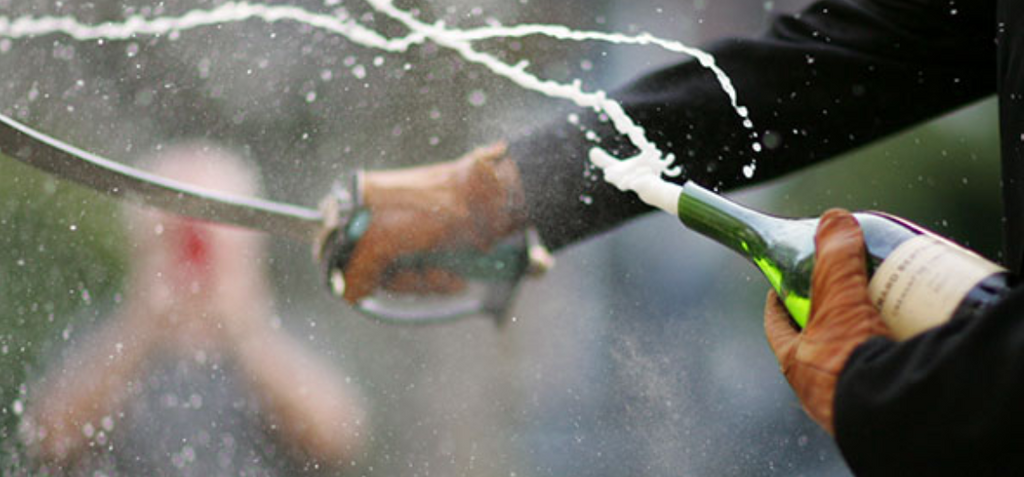
Use kitchen knives with non-frozen foods only
Ensuring that your knives last forever is all about building good habits. There’s nothing complicated or fancy about it, just some basic principles that will keep your blades in superb working condition. Our first two tips are designed to help you keep your knives looking great.
As a refresher, keep your knives looking their best, by washing and drying immediately after cooking, and applying a bit of food grade mineral oil on occasion.
In this edition, we’re going over a few of the top methods for keeping your knives sharper, for longer.
Use Your Kitchen Knives On Non-frozen Foods Only.
Here's the simplest way to think about knife usage: your kitchen knives should be used only for the task they were designed—preparing food. Artisan Revere knives are tools made specifically for precision cooking, so they should be use for it. That means you shouldn’t: break down large animals with dense bones, pry open cans, open and break down boxes, and you 100%, definitely should not use them to cut or split apart frozen foods. And remember, never ever place a quality knife in the dishwasher, unless you're actively trying to ruin it. Any of these can dull, bend, twist, or chip your blade. In other words, using your quality kitchen tools for any other purpose, can seriously damage your cutting edge.
When Shouldn't You Use Your Kitchen Knife:
-
Breaking down bone-in animals: Use a boning knife or cleaver—they’re designed for that task with a wider edge angle, much lower Rockwell hardness steel and thicker behind-the-edge geometry. In other words, specialty knives like the boning knife and cleaver are designed with toughness in mind.
-
Splitting apart or cutting frozen foods: This is one of the worst offenders. Everyone has seen their cousin or parents take a blade and jam it between two burger patties. Every time, they wind up ruining the burgers, the knife, and often, they'll cut themselves. So, if the food is frozen, please defrost it. Don’t risk it.
-
Breaking down packages: Use a box cutter or a good pocket knife. Corrugated boxes tend to have a variety of high silica materials in them that rapidly dull knife edges.
-
Prying open cans: Use a can opener. Using the tip of a knife will inevitably bend or break off the tip.
-
Opening a bottle of champagne: Sabering can be exciting, but, if you don’t know what you’re doing, and if you aren’t working at an ostentatious nightclub, well, you’re very likely to both break the bottle and chip your knife on the glass. Why? Glass is one of those very high Rockwell materials that destroys knives. Just open the bottle like everyone else, and enjoy the bubbly without endangering anyone.
That’s it for this installment. If you’re ready for an upgrade, join us, as we improve the quality of knives across America.